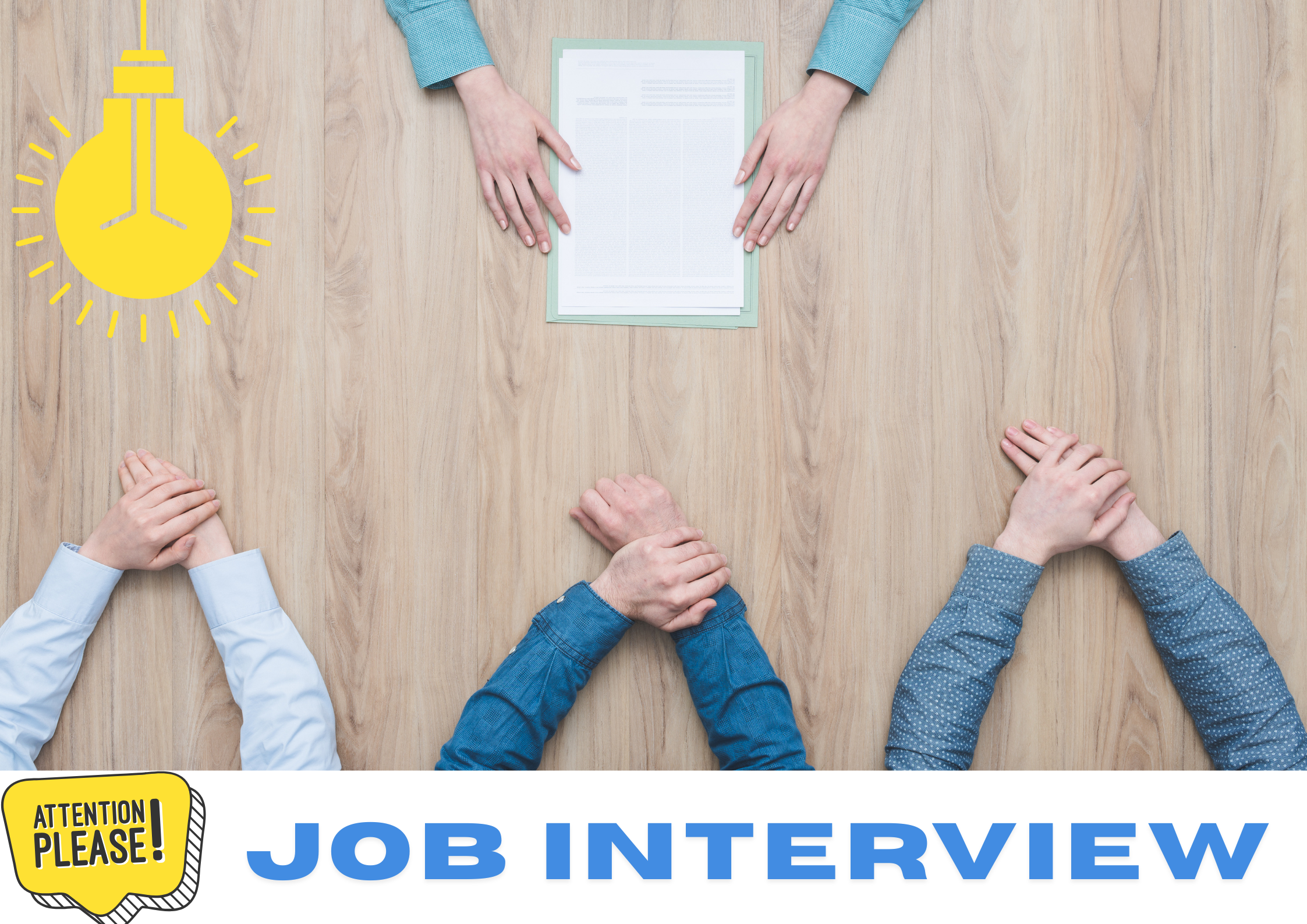In today’s job market, professionals with years of experience still face tough competition when it comes to job interviews. A strong resume and a solid background aren’t enough—you need to communicate your value clearly and confidently in the interview itself. If you’re seeking advancement or transitioning to a new industry, these ten hands-on tips will help you make a strong impression and move one step closer to the role you want.
1. Know What to Expect in the Interview
Most job interviews include multiple rounds—from an initial phone call to a final in-person meeting. Each stage evaluates a different aspect of your fit for the company. Understand the purpose behind each round so you can prepare the right responses. Treat the interview as a professional exchange, not just an assessment. This mindset shift helps reduce pressure and shows you’re confident and well-prepared.
2. Research the Role and the Employer
Doing your homework gives you an edge. Visit the company’s official site to learn about their goals, recent news, and how your role fits into their broader mission. Review the job posting carefully. Know what skills they want and think about your experiences that align. Use LinkedIn to learn about the team or speak to current employees if possible. The more you understand the employer, the more relevant and informed your responses will be.
3. Present a Consistent Professional Identity
Your personal brand is the professional impression you leave behind. Think about what you’re known for—whether it’s leading teams, solving complex problems, or launching new initiatives. Make sure your resume, LinkedIn profile, and interview stories reflect these strengths. Use real-world examples to illustrate your achievements and values. Keep your message consistent across platforms and conversations.
4. Prepare Answers to Common Interview Questions
Be ready for questions like: “Tell me about yourself,” “Why do you want this job?” or “What are your strengths and areas for growth?” Answer with confidence, focusing on the parts of your experience that match the job. For your strengths, share examples. For areas of improvement, focus on how you’re working to grow. Be direct and stay professional.
5. Use the STAR Technique for Behavioral Questions
For questions about your past actions, use the STAR method:
- Situation: Briefly explain the background.
- Task: What was your goal?
- Action: What did you do?
- Result: What was the outcome?
This approach helps you deliver clear, concise responses that stay on point. It helps you explain your role and the results you achieved without going off-topic.
6. Dress the Part
Your outfit should match the company culture while showing professionalism. In corporate environments, formal attire is still the standard. For creative or tech companies, smart business casual may work better. Regardless of style, make sure your clothing is clean, fits well, and reflects attention to detail. Good grooming and a neat appearance go a long way in creating a strong first impression.
7. Pay Attention to Body Language
The way you carry yourself speaks volumes. Maintain a straight posture, make steady eye contact, and greet with a confident handshake. Avoid fidgeting or folding your arms. Smile when appropriate and nod to show you’re engaged. Your body language should show calmness, confidence, and interest throughout the conversation.
8. Ask Meaningful Questions
Asking questions is part of the interview. It shows you’re thinking seriously about the opportunity. Ask about the team, key responsibilities, or how success is measured. Good questions include: “What does success look like in the first few months?” or “What are the team’s biggest goals this year?” Thoughtful questions show you’re forward-thinking and serious about making a contribution.
9. Send a Follow-Up Message
A brief thank-you email sent within a day of your interview reinforces your interest. Thank the interviewer, mention something specific from your discussion, and reiterate why you’re excited about the position. Keep the tone professional and warm. It’s a simple but effective way to leave a lasting impression.
10. Stay True to Yourself
Preparation is essential, but don’t try to become someone you’re not. Be confident in what you bring to the table. If you don’t know the answer to a question, it’s okay to admit it and share how you’d find the solution. Employers value honesty and adaptability—two qualities you’ve likely developed through experience.
Final Thoughts
Job interviews are an opportunity to share your experience, your value, and your potential. Proper preparation and a positive mindset will help you step into any interview with self-assurance. These strategies are designed to help you present yourself clearly, professionally, and authentically—giving you the edge you need to succeed.
